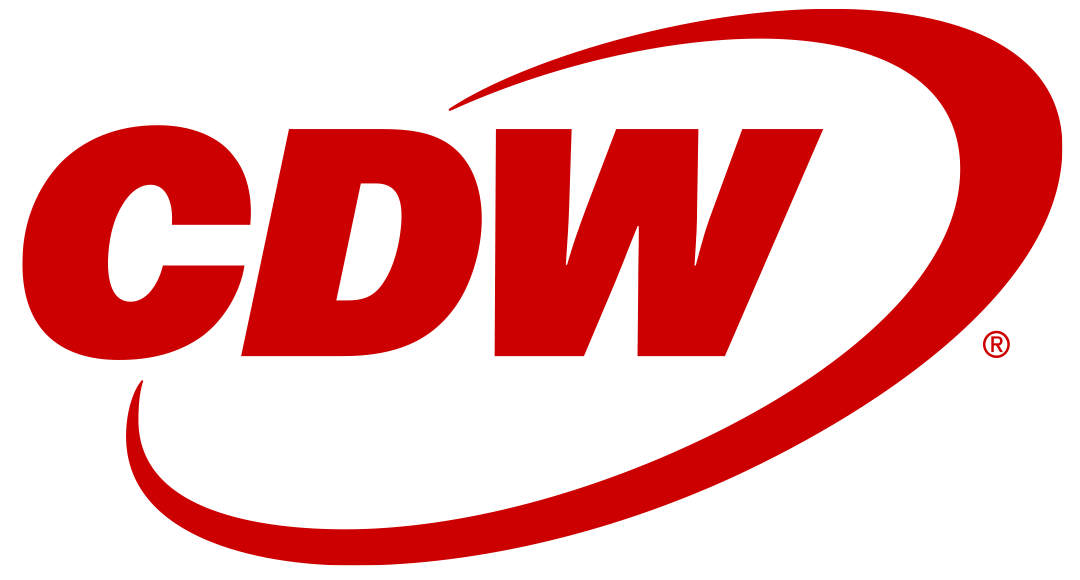Data is currently the word on everyone’s lips. Organisations know that they want to harness the power of their data, but it can be difficult to know where to start and how to use the available budget in the most effective way possible.
Over the past few years Ross Pedder, Head of Cloud Services Sales at CDW, and Jamie Hinton, CEO of technology consultancy Razor, have been involved in countless data conversations with businesses large and small. As organisations look to reach a level of maturity with their data, Ross and Jamie sat down to discuss the current state of the market and the key things businesses are getting right and wrong.
Ross Pedder: Recently, we’ve seen a huge change in terms of organisations’ data ambitions and how far up the priority list they are. If I think back to 12 or 24 months ago, organisations would’ve probably told me that they’ve got all this data and want to do something with it. But other things always seemed to get in the way – they’d be drawn to a different project or the budget couldn’t be found.
Now, however, they want to get data right. When an organisation is up for a hardware refresh, for example, data is an essential part of the mix. Over the past three or four years, of course, you’ve seen the exponential growth of cloud solutions like AWS and Azure, and this has increased organisations’ confidence that there are solutions out there to help them deal with their data challenges.
Jamie Hinton: Plus, where there was once this level of hesitancy, people now feel that they need data solutions yesterday. And that level of urgency can lead to common problems. Many people I speak to, for example, think that you can change things overnight – an attitude that’s along the lines of ‘I want some machine learning that’ll do x, y and z’.
What CDW and Razor try to do is take a step back and ask the right questions of the customer to get to the data points that best indicate the business’s wider health – the one or two things that are causing the issues. You also need to understand the pressures an organisation is under. We can move quickly if they need something right away and the future of the company is dependent on it, but we’ll always look to guide them down a path that’s going to lead to the most value in the long term.
Ross: Customers also have to think about how they’re funding these types of projects. They may have been used to CapEx models, but these data-led projects are less likely to have an obvious end point when seen from the budgeting stage.
Jamie: In this way, data is a bit like a garden; you’ve got to keep looking after it or it’ll become uncontrollable. And there’s a cost that comes with that. However, when an organisation starts to see the results that this kind of cultivation can bring – and understands its value to the business – there will be a change of mindset in terms of what they’re prepared to invest over a period. More and more organisations are understanding that failing fast is so valuable.
Ross: That’s one of the most important things in getting an organisation to data maturity: hitting on proof of value. There’s no getting around the fact that this isn’t a traditional IT engagement, but a series of paid-for activities with a clear outcome in mind. The difference is, of course, that there might not be a positive outcome, but it’ll prove something that allows an organisation to understand itself better and move on to other things.
Jamie: The most successful data projects start with an organisation’s people – going to them and asking how their jobs could be made easier or more rewarding, or what challenges they most want addressed.
Ross: And there’s so much marketing and opinion out there now that can push businesses towards a technology-first – rather than a people first – way of working. All that fantastic technology on the market means that any organisation is going to be able to find a solution to their biggest challenges. But the tricky bit is surfacing those challenges and finding the right data to help you solve them.
Jamie: That’s right – we can’t say that any particular technology will change everything, but if you’re using it to address a business’s most important challenges then you can achieve a lot of smaller gains that will add up to something huge over time.
Ross: Exactly – people get hung up on data, but it’s about all the little gains and insights you get from that. The data itself is probably only about 20% of your total data strategy.
Jamie: You could say that data is overrated – it’s super important, but it’s the results and how you implement them that count.
Contact the CDW cloud services team to discuss how CDW’s data approach can work for your business: cloudservices@uk.cdw.com

-1.png?width=1584&height=396&name=MicrosoftTeams-image%20(56)-1.png)